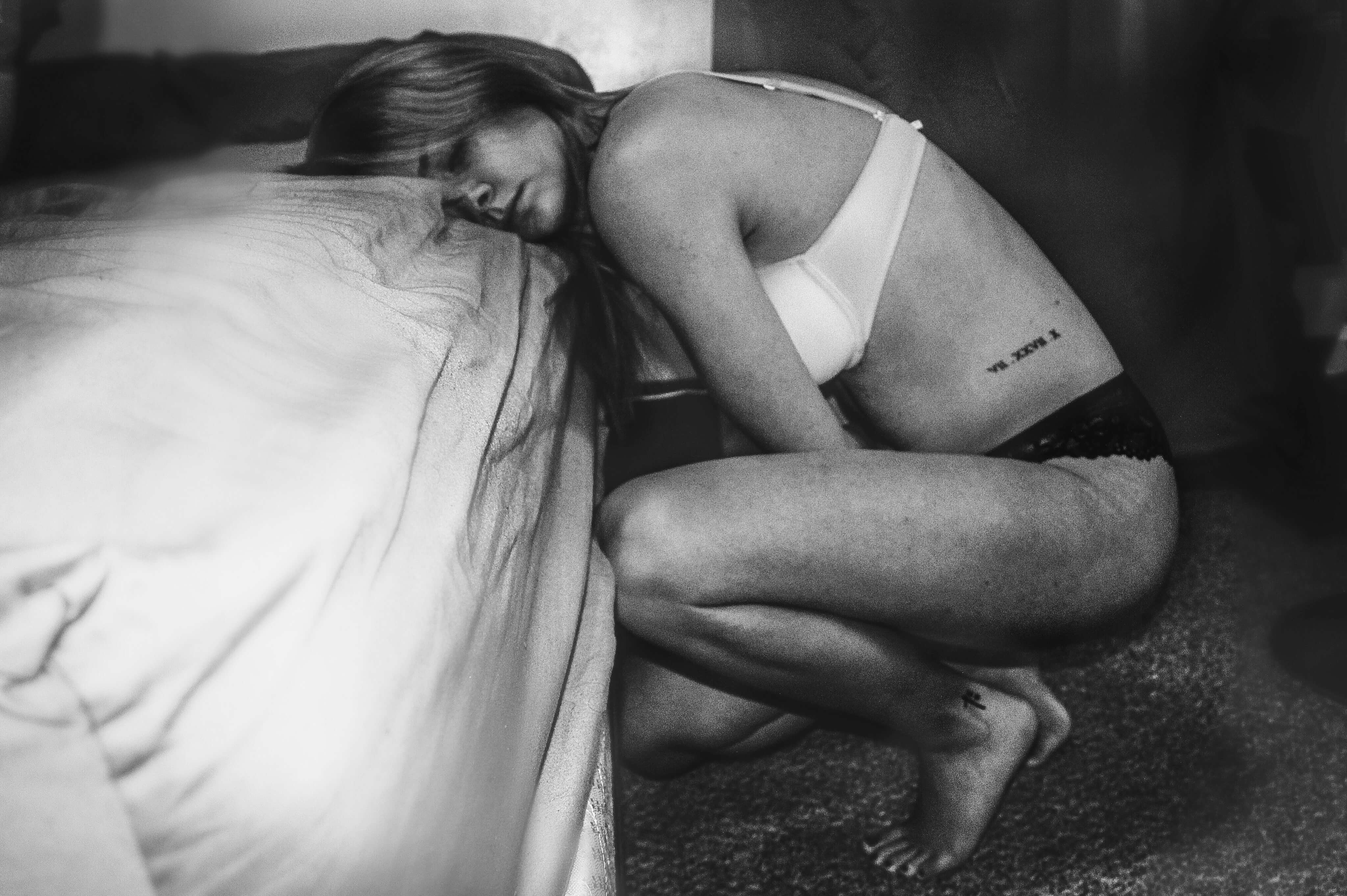Stress vs Anxiety Disorder
In clinical practice as a Homeopathy and Acupuncturist its increasingly common for patients to complain of stress and issues with anxiety. The complication of these chief complaints is that they can easily morph into each other. Anxiety can be an incredibly stressful issue to manage which can develop into anxiety. Modern life has become increasingly more challenging as we push ourselves to manage the demands of work, relationships, children, aging family members and the changing world around us. The broad spectrum of issues that combine and express itself as anxiety can seem like the norm to many and warning signs tend to get brushed under the carpet as the price of having that Instagram-able life. In this brief article I look to refine the view of stress and anxiety. Often in clinical practice due to stigma associated with anxiety, many do not seek the help when they need it the most. It’s important to find out whether your feelings are stress-induced, or if you are dealing with a mental health condition. No matter what the reasons are, it’s critical that you don’t minimize your distress.
Here we will examine 8 signs that your stress is possibly an issue with anxiety. Its important to understand that stress and anxiety are multifactorial challenges ( has many components) . Alternative and complimentary medicine like the many therapies available to you at Urban Wellness can reverse and help manage your issues before pharmaceutical intervention become necessary.
Are You Chronically Cranky?
Crankiness can be symptom of anxiety disorder. Irritability is common when people encounter situations that make them anxious. Erica Julson wrote for “Healthline,” “that in fact, one study found that over 90 percent of study participants with generalized anxiety disorder reported irritability when their anxiety levels were high.”
You Experience Panic Attacks.
Panic attacks, or overwhelming feelings of danger or doom, are common in people with anxiety disorders, Anxiety.org says; “Panic attacks can be debilitating, and if they happen frequently or chronically — especially if no known triggers are present — it can mean that you have an anxiety disorder. If you’ve been stressed out a lot lately, and you start having panic attacks, that’s an indication that your stress might be affecting your mental health.
You Feel Pressure or Tightness in Your Chest & Throat.
Those suffering from tightness in chest and throat may be worried, especially if they do not know that such a symptom can result from anxiety. The Anxiety and Depression Association of America (ADAA); research suggests that as many as one out of four people seeking treatment for chest pain are actually experiencing some form of anxiety or panic disorder. While chest pain can happen in response to a stressful event, someone with anxiety may experience it as part of an ongoing cluster of symptoms that persist for six months or more.
You Feel Worn Out & Exhausted.
Anxiety is naturally tiring because it causes ups and downs in your energy levels, which can leave you feeling incredibly drained. Some people feel tired throughout the whole day, while others feel tired only after an anxiety attack. Others feel extreme fatigue, finding they need to take frequent naps in order to regenerate, or feeling as though they can’t focus on life because of their tiredness. Feeling tired is a natural bodily reaction that is often caused by stress and anxiety, the more overwhelming the tiredness the more important it is to make an appointment to see a practitioner at Urban Wellness.
“I Just Can’t Fall Asleep”.
Many people with severe stress and anxiety also develop very serious problems sleeping, such as difficulty falling asleep, nocturnal waking’s (waking up at night without realizing it) and reduced overall quality of sleep. All of this contributes to an overall lack of sleep, which causes tiredness. You Experience Hyperventilation or Breathing Problems “Shallow breathing and hyperventilation are common in anxiety disorders,” Katharina Star, PhD, wrote for “Very well Mind.” Rachael Rifkin for “Headspace” noted, “that shallow breathing activates the sympathetic nervous system, which triggers the fight or flight response. Additionally, the fight or flight response can also contribute to hyperventilation and restricted breathing.” If you’re experiencing repetitive hyperventilation or breathing issues that can’t be medically explained otherwise, you might be dealing with an anxiety disorder.
Difficulty Concentrating.
Brain fog and having trouble concentrating are common signs of anxiety disorders. If your anxious feelings are not resolving on their own over a period of time, and you’re noticing that you can’t concentrate very well on a regular basis, there’s a good chance that anxiety might be a contributing factor.
You Basically Tend To worry A Lot!
If your stress symptoms or anxious feelings are happening a lot, and they persist for six months or more, you might be dealing with generalized anxiety disorder. Feeling worried without relief, especially if you’re not feeling better after a stressful situation has resolved, can mean that professional support might be helpful for addressing your mental health.
Knowing the symptoms of anxiety can be empowering and freeing as it can lead down the path of self-care and to greater fulfilment in are lives. You suffer in silence is not serving your mental health. If any of the above-mentioned symptoms resonates with you? Do yourself a favour and make an appointment today with one of the several holistic practitioners at Urban Wellness. There are many different holistic options that can help you manage and treat your stress and anxiety.
Kirk Kerr DSHM, HOM (T), Ac.Std Class, CFMP. Homeopathy, Acupuncture and Certified Functional Medicine Practitioner.

